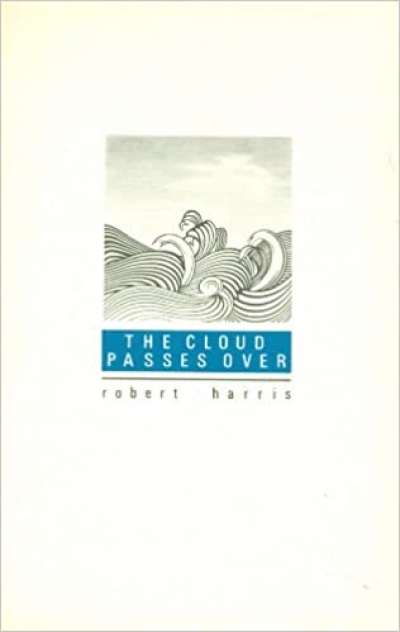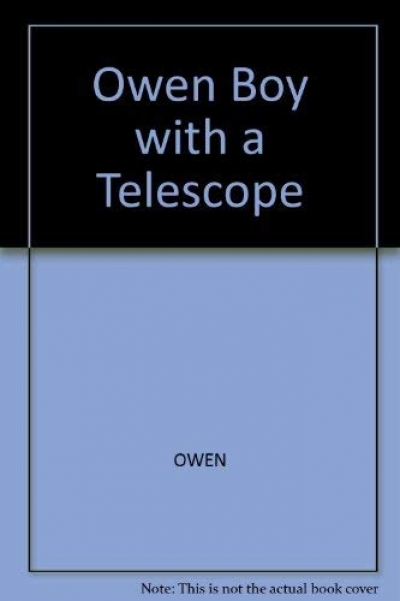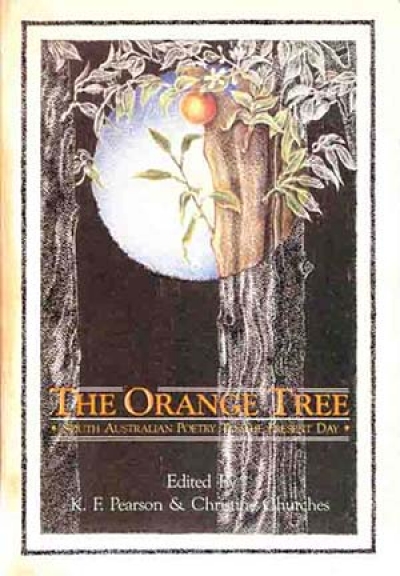Poetry
Kate Llewellyn’s poetry is immediately accessible and clear, but not simplistic. She is completely at ease, unlike most writers, with reading her work aloud; this may be a function of an eminently readable style of writing, or the reverse, where the style follows .the demands of reading aloud. Either way, it works.
... (read more)The only real depth a novel, short-story, or book of poems can have for me is the authenticity of the writer and his ability to accurately capture the experience. Shelton Lea’s Poems From A Peach Melba Hat do exactly that, and in the process thump the reader with the quick left hook of rhyme.
There is violence in the poet’s experience, a recklessness, and he can get away with being a buffoon the charm out weighing the effrontery. The poems would find their home equally in a Governor’s mansion or some lowly pub. The imagery is sometimes brutal, but can soften a fusillade of butterflies.
... (read more)Poem of Thanksgiving and Other Poems edited by Paul Kavanagh & Poems Selected From The Australian’s 20th Anniversary’ edited by Judith Rodriguez and Andrew Taylor
Comparison between these anthologies is interesting. As the poems (6,000 for Mattara, 3,000 for the Australian), were the response to a general invitation, can we reasonably speculate that here we have a picture of what Australian middle of the spectrum poetry is like – or what poets in that range see as approved? The ends of the spectrum remain unrepresented.
Filtered through the judges’ taste we have a more similar product than I would have expected. Few of the lively young are there, none of even the wittiest of performance poetry, – which can hold up on the page – and some poets of course don’t compete in this sort of contest. There’s too much likeness.
... (read more)This book signals a dramatic shift in the poetry of Robert Harris. His three previous books – Localities (1973), Translations from the Albatross (1976), The Abandoned (1979) – were born out of an intense and self-propelling passion for the glitter and the glow of words, the power they have to transform reality through a kind of internal poetic combustion. This was a poetry laden with abstraction and with quasisurrealist imagery, heavily influenced by the French symbolists, by American poets like Robert Duncan, and in particular by the Australian poet Robert Adamson. Some of it stands up pretty well, though there was always the tendency for the verse to veer out of control, overblown and unfocused in the headiness of its phrasing.
... (read more)Beware the Bougainvillea by Donna McSkimming & the bitumen rhino by Neil Paech
A reviewer’s judgement should never be taken as the definitive one, nor should they be seen as such. I am aware that my own opinions are just that, a ‘bad review’ has many uses, perhaps· to improve one’s dart throwing, or to supplement the tissue in the small room of contemplation. In the manner of a judge however, opinion can only be formed on the basis of the evidence presented, in the reviewer’s without benefit of a jury’s verdict.
... (read more)Boy with A Telescope by Jan Owen & The Twofold Place by Alan Gould
The ways of poetry are many but sometimes, as it turns out, they are simply oppositional. These two new volumes of poetry from Angus & Robertson could easily have been produced as the occasion for some compare-and-contrast parlour game. The first, and continuing, thing to be said about them is that Gould is strong on artistic form whereas Owen is strong on life. The harder question to ask about any writer is whether it is better to be good at forms or to be full of life. Both, you will say, of course; but then we can’t have everything.
... (read more)The Orange Tree: South Australian poetry to the present day edited by K.F. Pearson and Christine Churches
Anthologists face more than one dilemma of choice, beside that of personal preference. Is it better to show more of fewer poets, and give a true picture of their qualities and scope, to range widely across the landscape of the art, or reach a compromise between these methods? There are excellent anthologies in each genre.
... (read more)The immediate virtues of this book are not difficult to see: Andrew Taylor is a skilled poet who understands the workings of syntax and rhythm, and who knows how to shape his poems into unified patterns with an apparent minimum of fuss. The poems tend to have a regular and easy pace; their fluency is considerable. Taylor writes with a genuine confidence and a literary awareness which is for the most part sophisticated and supple. His diction is uniform and he is careful not to overreach himself. There is no visible strain in the whole performance.
... (read more)No Collars No Cuffs, plenty of fisticuffs, and you’ll probably get K.O.’d by all this, after a round or two of three or four poems each. You may need someone in your corner to bolster you, for as Geoff Goodfellow writes in ‘Skin Deep’, a women’s prison poem:
... (read more)Chris Wallace-Crabbe reviews 'Poems for an Exhibition' by R.H. Morrison, 'Outer Charting' by Hal Colebatch, and 'The Flower Industry' by Andrew Sant
The three books under review here promote no generalisation about the condition of poetry, the health of the beast, unless they call to mind the difference between poems which are interesting from line to line and those which somehow resonate as wholes. R.H. Morrison, the eldest of the three poets, is the one who most often produces whole poems, at least to my ear.
... (read more)





